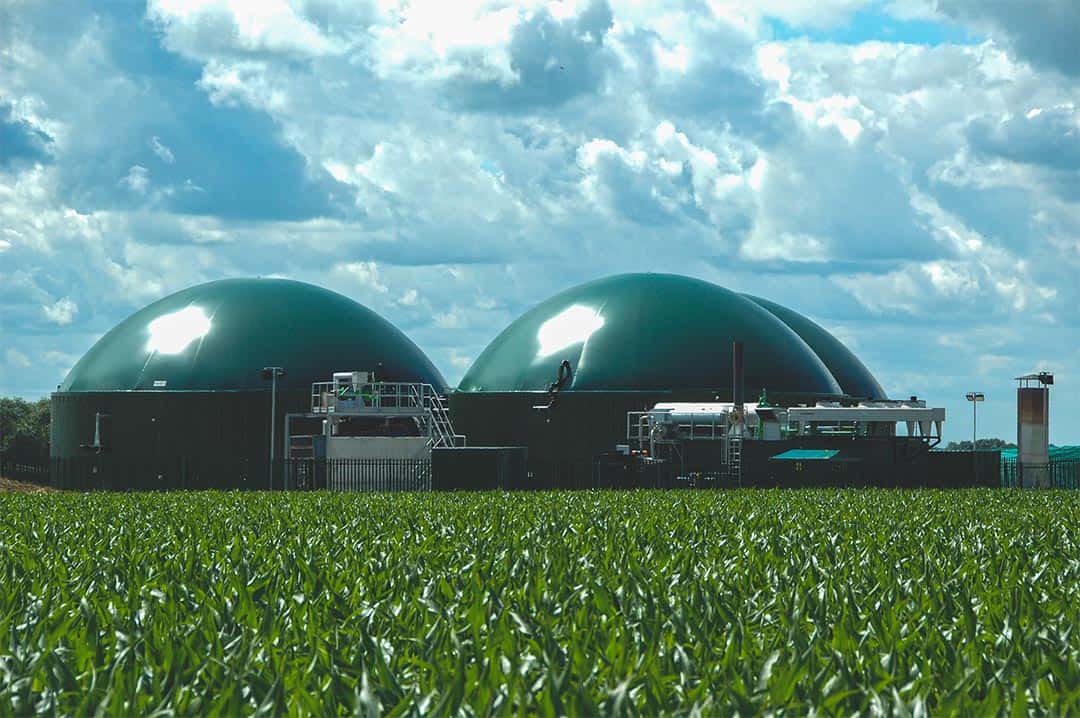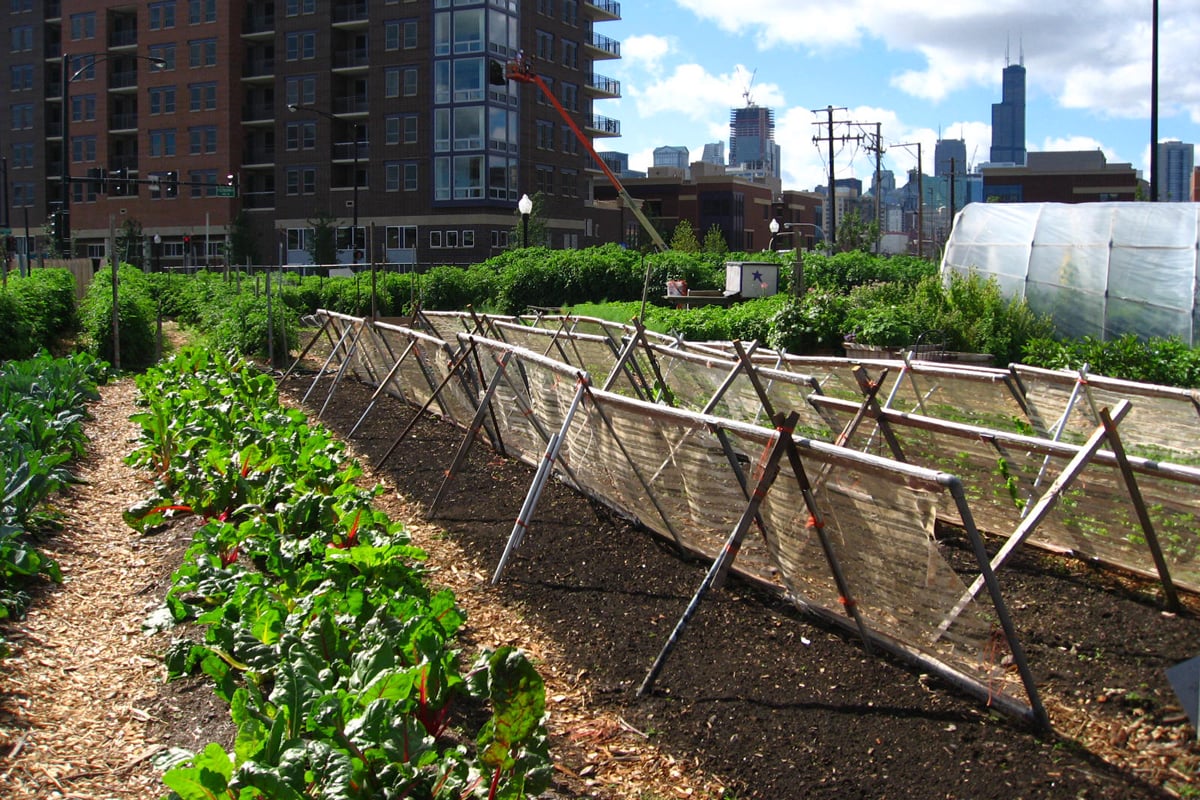- One of the standout features of biogas is its ability to reduce greenhouse gas emissions and lessen our dependence on fossil fuels. When organic waste decomposes in landfills, it releases methane – a potent greenhouse gas that contributes to global warming.
In the search for eco-friendly energy options, biogas has emerged as a popular choice that brings a host of benefits for our planet and communities. Biogas is a renewable energy source created by breaking down organic materials like food scraps, farm leftovers, and animal waste through anaerobic digestion.
This process produces a mix of methane and carbon dioxide, which can be used to power heating systems, generate electricity, and fuel vehicles.
One of the standout features of biogas is its ability to reduce greenhouse gas emissions and lessen our dependence on fossil fuels. When organic waste decomposes in landfills, it releases methane – a potent greenhouse gas that contributes to global warming.
By capturing and utilizing this methane through biogas production, we can prevent its harmful effects on the environment and instead turn it into a clean, renewable energy source. Additionally, biogas helps us move away from finite and harmful resources like coal, oil, and natural gas.
Moreover, biogas has the potential to revolutionize waste management practices and create new income opportunities for farmers and businesses. By diverting organic waste from landfills and converting it into biogas, we can reduce the amount of waste that ends up in these sites, cutting down on the need for more landfill space and lessening the environmental impact of waste disposal.
Read More
Additionally, biogas production can offer a valuable revenue stream for farmers and businesses by selling excess electricity or using biogas as a sustainable fuel source.
Furthermore, biogas can make a significant impact in addressing energy poverty and promoting sustainable development in rural and remote areas. In many developing nations, access to clean and reliable energy sources is limited, leading to a heavy reliance on traditional biomass fuels like wood and charcoal, which contribute to deforestation and indoor air pollution.
Biogas provides a sustainable alternative that can supply clean cooking fuel, electricity, and heating to off-grid communities, enhancing living conditions and reducing environmental harm.
Biogas stands as a promising solution to combat climate change and enhance energy security, offering a sustainable and renewable energy source that benefits both our environment and society.
By harnessing the power of organic waste, we can produce clean energy, cut down on greenhouse gas emissions, and foster sustainable development for a more resilient and eco-friendly future. The potential of biogas is immense, and with ongoing investment and innovation, it can play a pivotal role in shaping a sustainable energy landscape for generations to come..






